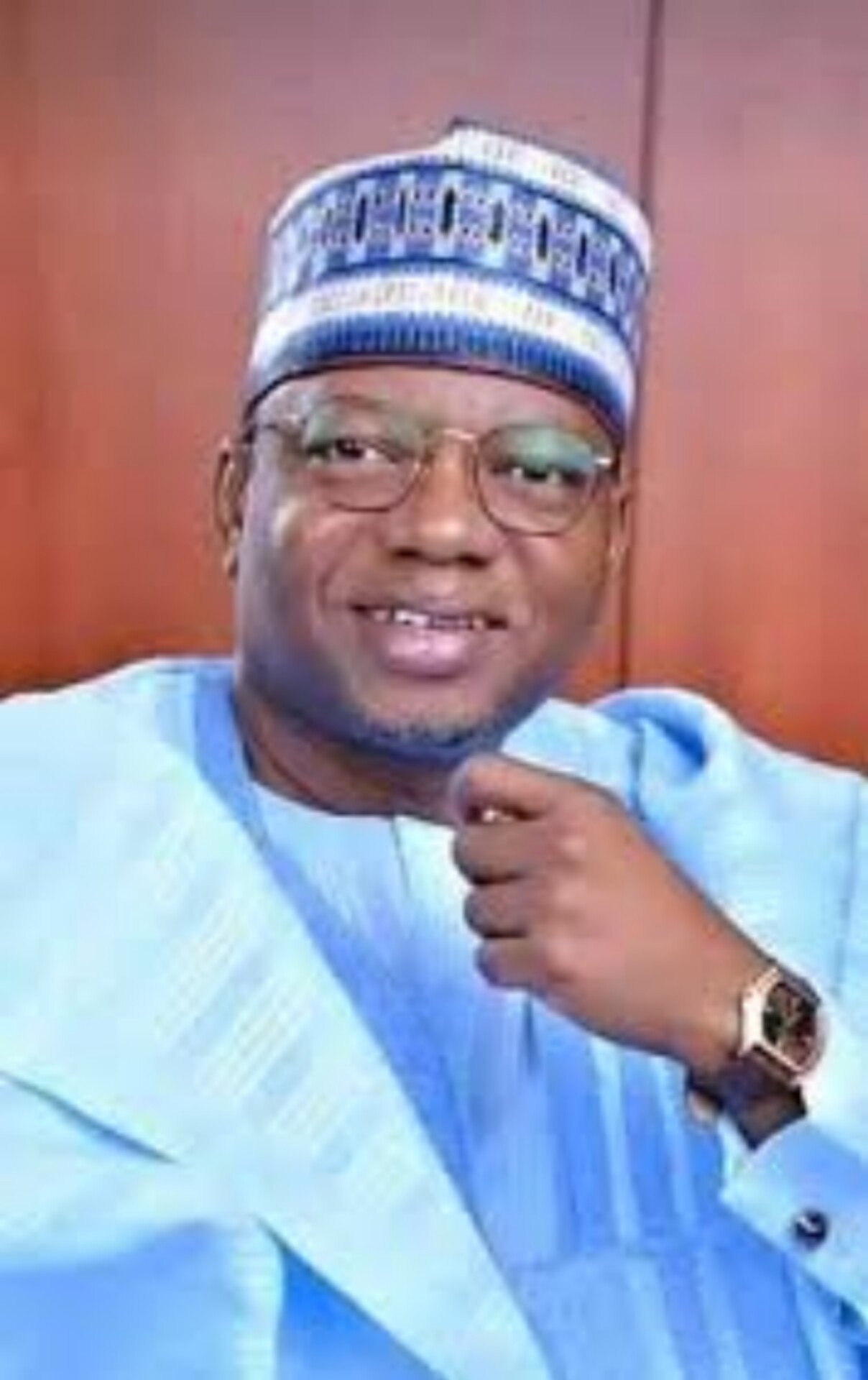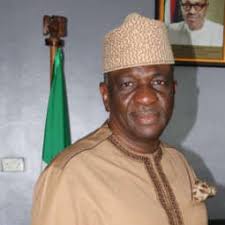The much talked about constitutional role for Traditional Rulers may soon be achieved through Constitution amendment as the President of the Senate, Godswill Akpabio has given the assurance that the 10th Senate under his leadership will actualise it soon.
Akpabio gave the indication when he had in audience, the royal fathers across the 36 states of the federation, and the federal capital territory .
Akpabio, who gave the assurance in response to the request made to that effect by the traditional rulers, said roles of the royal fathers in governance, particularly on security matters, are very expedient.

“Your request for constitutional roles in governance is not strange to us and in particular , to me based on my background.
“My late grandfather was a traditional ruler and, in fact , one of the warrant officers used by the colonial masters for effective implementation of indirect rule.
“During the period, traditional rulers effectively tackled issues of safety and security in their various domains.
“It is my belief and the entire Senate leadership here that if traditional rulers are constitutionally engaged in governance at the grassroots, the myriad of security challenges facing the country would be curtailed.
“You traditional fathers are reservoirs of information highly needed at the grassroots. Your journey to us today on request would surely not be in vain, “he stressed.
Earlier in his speech on behalf of the traditional rulers, the Etsu of Nupe, Dr Yahaya Abubakar who represented the Chairman of National Traditional Council of Nigeria , the Sultan of Sokoto, Alhaji Sa’ad Abubakar, said the constitutional role of traditional rulers was expunged by framers of the 1979 Constitution.
He lamented that all efforts made by traditional rulers across the country under the aegis of the National Council of Traditional Rulers to get back their role had not yielded any fruit.
“The most recent of such efforts, was the one made during the 9th National Assembly which didn’t scale through as a result of failure to get the required votes in the Senate for the demand despite, succeeding in the House of Representatives “, he lamented.



